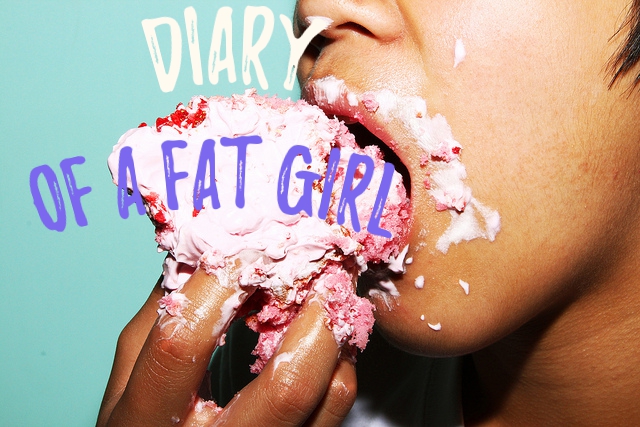What sticks in my head, more than anything else, about the death of my father is not the fact that he weighed over 500 lbs when died.
It was not that he was only 52, or that he seemed to be waiting impatiently for the day to arrive since his mid-30s. And, it wasn’t even all the unresolved issues or the awkwardness of our relationship that never went away…it was the undignified way he was treated in his last conscious moments.
In his final few years, he degraded from having a difficult time getting around, to not working anymore, and finally to just not being able to get off the couch. It became so horrendous, that at one point, he sneezed and caused a serious haemorrhage.
An ambulance was called, and when they were able to get the largest stretcher they had available, they prepared to carry him outside. They all cracked jokes back and forth about being glad they took their vitamins that day. This was the last thing he heard before he fell into a coma—and died.
I was in my 20s and already emotionally unstable, and having just lost a parent for the first time, hearing this story broke me inside.
My dad was a fiercely proud man, but I watched him being treated as a second-class citizen his entire life. Doctors spoke to him like he was gluttonous and less than intelligent, employment opportunities were poor, and so was his compensation for the job he eventually did get.
One of the most important things I learned from reading Roxane Gay’s important memoir called Hunger, was that as bad as my father’s situation was, it pales in comparison to what a fat woman will typically experience. I use the adjective “fat” in deference to Roxane Gay and many others in the “fat acceptance movement” who do not like the other descriptions that are often used.
“Overweight” implies there’s an objective desired weight and “big” is condescending.
According to the NAAFA—the National Association to Advance Fat Awareness—the average fat woman earns almost $7000 less per year for the same jobs as slender women, routinely skips necessary health checks due to embarrassment at the hands of the medical community, and even faces stiffer sentencing in courtroom situations.
Falling deeper into the rabbit hole of this particular issue led me to another important work that explains this phenomenon in greater detail.
In the book Shrill, by writer and feminist Lindy West, the ways in which being fat is an important feminist issue are spelled out quite clearly:
“I am…not a uterus riding around in a meat incubator. There is no substantive difference between the repulsive campaign to separate women’s bodies from their reproductive systems, perpetuating the lie that abortion and birth control are not health care and the repulsive campaign to convince women that they and their body size are separate alienated entities. Both say ‘your body is not yours.’ Both demand you ‘beg for your humanity.’ Both insist ‘your autonomy is conditional.’ This is why fat is a feminist issue.”
But, it goes even further than that.
When we as a culture never stop reminding women what they are supposed to look like, through advertising and cultural expectations, we are responsible for helping to preserve the prevalence of eating disorders and low self-esteem among the entire gender.
According to the Healthy Teen Project, 40 to 60 percent of elementary school girls (ages 6 to12) are concerned about their weight, or about becoming overweight. That statistic was appalling to me.
Six-year-old girls should not be preoccupied with their weight!
The thing is, when we as a culture tell fat women that they are not objects of sexual desire—we are subjugating half of our population. We, as a society, are still trying to put women in their sexual place. When society tries to pound it into the heads of our girls and women that they are only desirable when they are small and silent and diminutive, the message is abundantly clear.
To say that all of this weight bias is not a feminist issue is to completely miss the point.
Yes, we are faced every day with woefully poor choices for nutrition that most people indulge in, and processed foods are making us all a lot less healthy than we should be. However, this does not excuse discriminating against people who do not look a certain way.
The insidiousness of this becomes even more alarming when we realize that these advertisers, who keep reminding us of what a “perfect woman” is supposed to look like, are the same ones pushing this toxic food. It may be difficult for many people to accept, but weight-bullying and fat-shaming are discriminations that are directed so much more at women than men.
The NAAFA fact sheet reveals that twice as many women are affected with eating disorders than their male counterparts.
If we want to be mindful and loving toward women, this sort of intolerance needs to stop. Nobody should have to experience these sort of indignities every day.
~
Author: Billy Manas
Image: Photo and Share CC/Flickr
Editor: Lieselle Davidson
Copy Editor: Sara Kärpänen
Social Editor: Sara Karpanen







Read 1 comment and reply